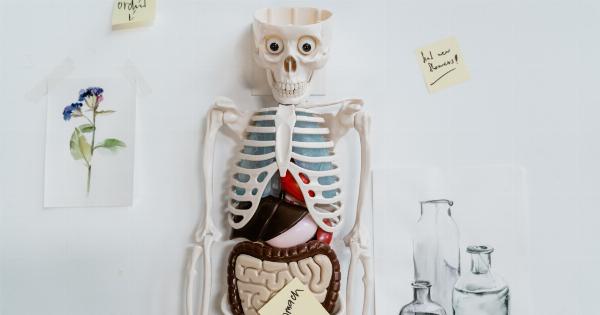In a landmark moment for medical science, a genetically modified pig heart has been successfully transplanted into a human patient, paving the way for a major new source of organs for life-saving transplants.
A new hope: Pig to human transplantation
The transplantation of animal organs into humans has been a source of hope for medical researchers for decades, but until now, has largely been hindered by the issue of organ rejection.
But by genetically modifying a pig heart to be more compatible with human biology, scientists have made a significant breakthrough in the quest to find a reliable source of organs for life-saving transplants.
The science behind the surgery
At the heart of the procedure is a process known as genetic editing, in which a pig’s genome is modified to remove any genetic material that could incite an immune response in a human recipient.
Using the CRISPR gene editing technology, which allows precise alterations to be made to DNA, researchers were able to delete various pig genes that could have triggered a rejection response in the human body.
The specific pig used in the surgery was a “double-knockout” pig, meaning two different sets of genes had been removed, making it potentially less likely to be rejected by the human body.
The pig heart was then transplanted into a human patient who was gravely ill and in need of a transplant.
A success story: A new heart for a patient in need
The patient, a man in his 50s who had been on the waiting list for a heart transplant for years, received the genetically modified pig heart in a groundbreaking operation.
The surgery was performed in a Canadian hospital, and while the patient is still being monitored, early indications suggest the transplant has been a success.
While the breakthrough is a major milestone in the field of medical science, there are still several obstacles to overcome before the transplantation of pig organs into humans becomes a common practice.
Before the procedure can be widely used, researchers will need to monitor the patient for a longer period of time to ensure the pig organ does not cause any adverse reactions or long-term health complications.
The future of organ transplantation
The successful pig to human transplant represents a significant step forward in the field of organ transplantation and offers new hope for those in need of life-saving transplants.
With thousands of patients on waiting lists for organs around the world, the ability to use genetically modified pig organs could help save countless lives and offer a new source of hope for those in need.
Researchers believe that by refining the genetic editing process even further, they may be able to increase the viability of pig organs for use in transplants, potentially even allowing for the use of other organs beyond the heart.
Challenges ahead: Ethical considerations
While the potential benefits of pig organ transplantation are clear, there are also significant ethical considerations that must be taken into account.
Animal welfare organizations have voiced concerns about the use of pigs in medical research and the potential consequences for animal welfare.
Furthermore, there is also the question of whether using genetically modified animal organs for human transplants is ethical, and what the wider implications of this breakthrough may be.
While the benefits of using pig organs for transplants are clear, there are still significant questions to be answered about the long-term effects and consequences of such procedures.
The future of medical research
The successful pig to human transplant represents a major milestone in the field of medical science, and offers new hope for those in need of transplants around the world.
While there are still many questions to be answered, the breakthrough offers a glimpse of what the future of medical research could look like, as scientists continue to explore new frontiers in the quest to unlock the secrets of human biology and improve the lives of people around the world.






























